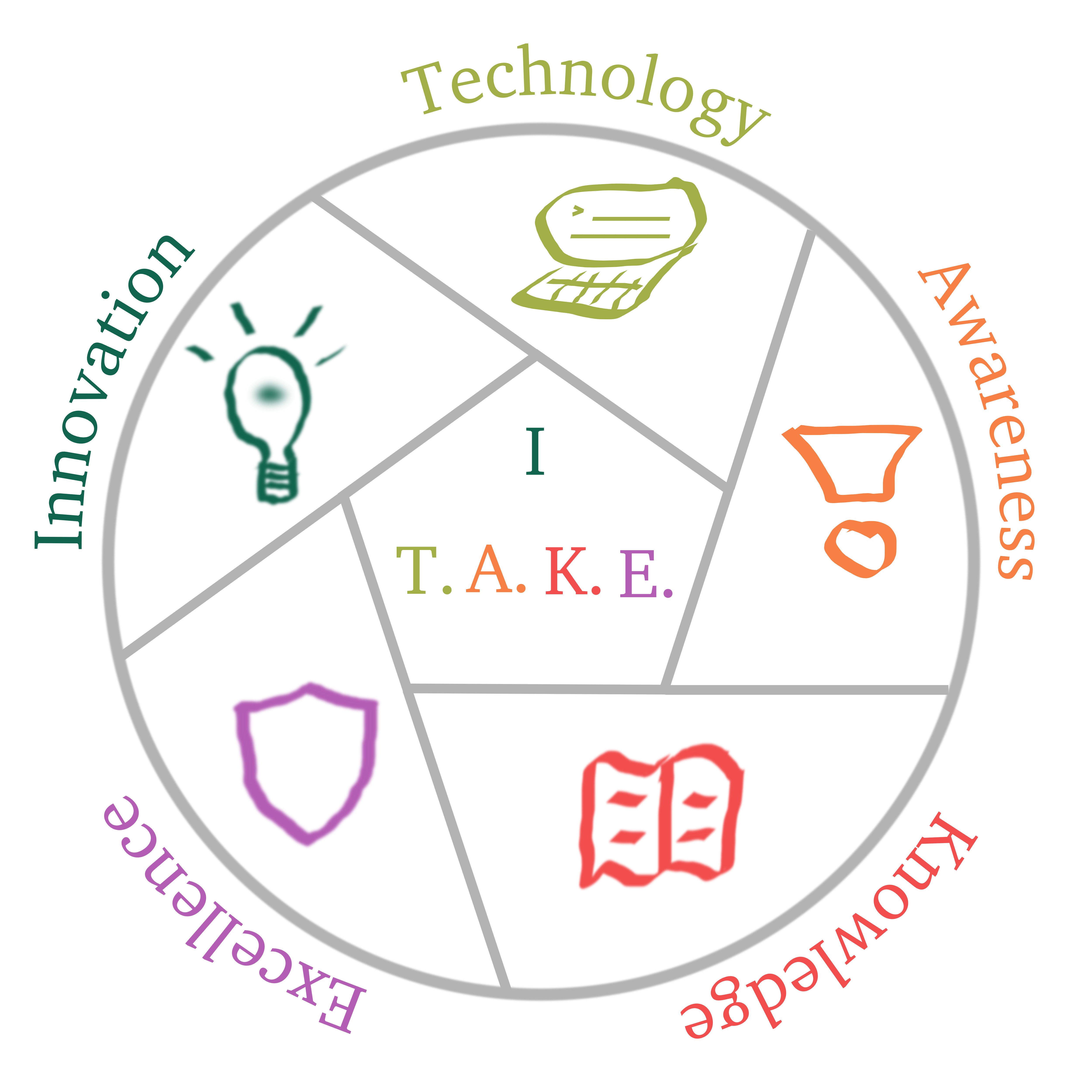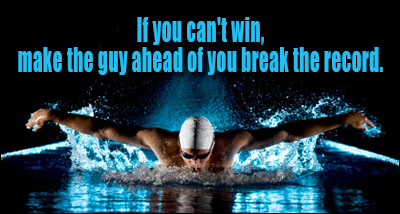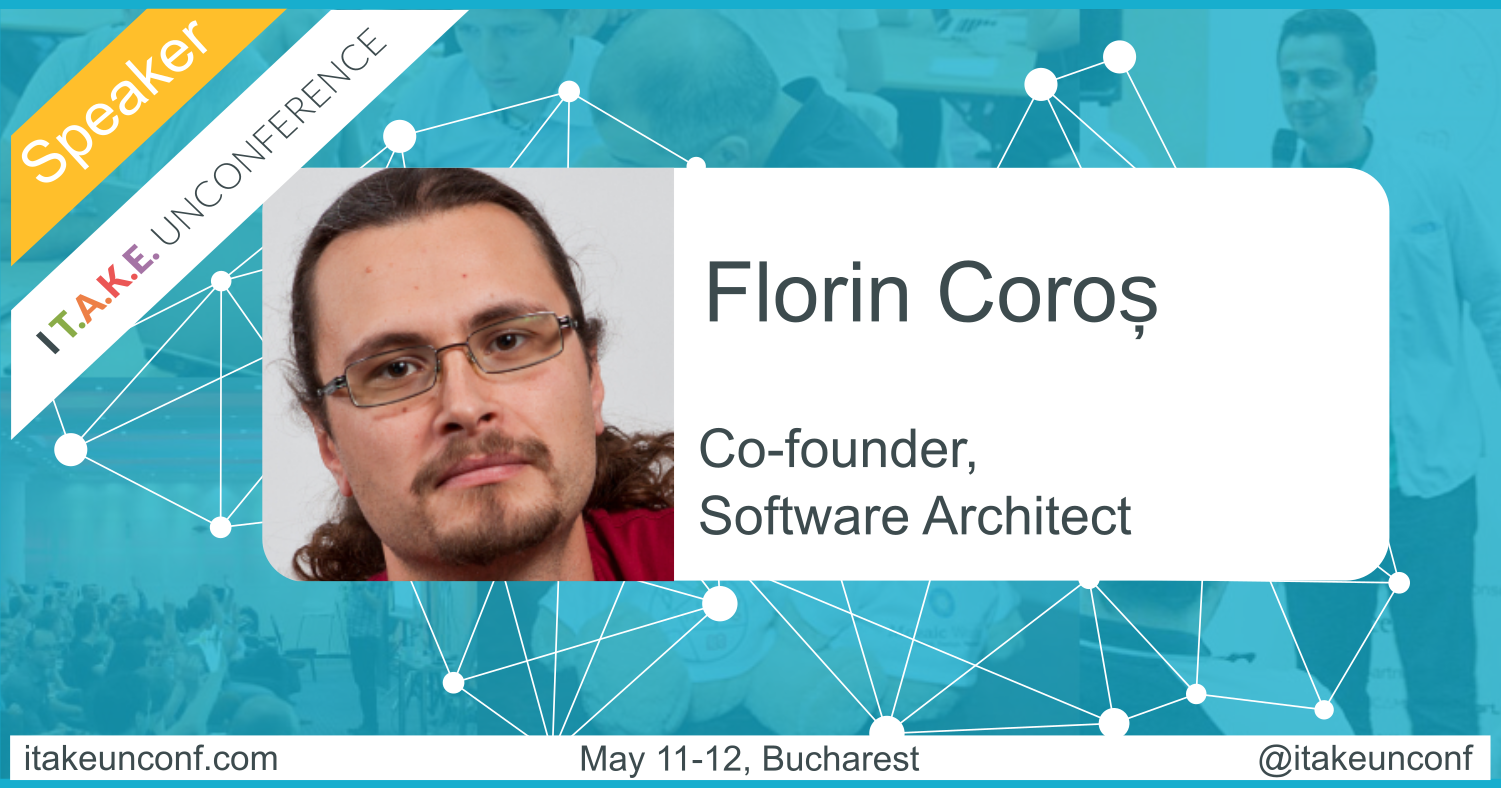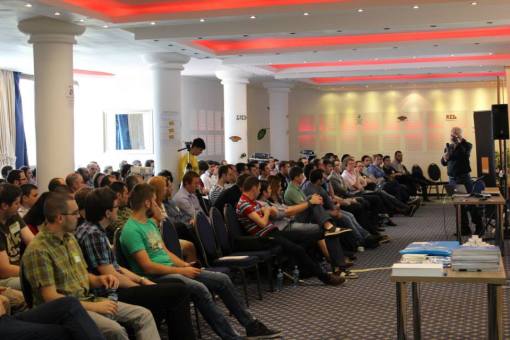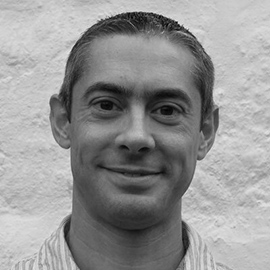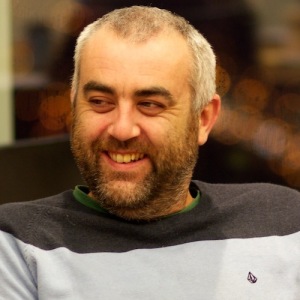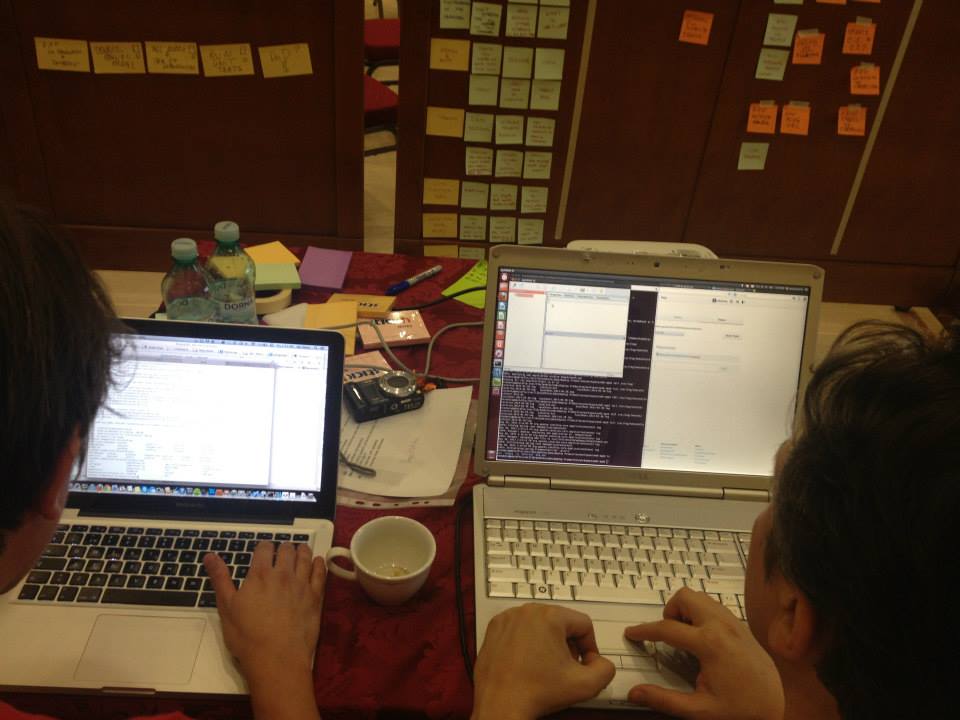
Do you know how to test systems? Can you point coding issues? Are you open to learning from other people? And, best of all, can you safely clean up existing code and improve its design? These are all core developer skills nowadays, and you’ll greatly benefit from mastering them. Here’s just one more opportunity to do so during I T.A.K.E. Unconference – The Programming Contest. We think you’re going to enjoy it.
Take a set of challenges that will put your skills to the test, overcome them and get the most points to win the contest. Oh, we almost forgot: those getting the most points win gadgets like a drone or an iPad. They are still small rewards compared to the learning, but we’re sure they help :).
How the Programming Contest works?
Well, this is simple. We try to automate the process as much as possible. For the moment the instructions are as simple as:
- Register for THE contest on May 28
- Solve the challenges
- Submit the solutions until May 29, 2 pm
Really cool: you can use ANY of the following programming languages: Java, C#, PHP, C++.
Who will review your code?
The Jury is built of Software Craftsman Fellows from Europe – names soon to be announced. They will grade each challenge you took. There will be just a few challenges, and taking all of them may lead you to the highest score. So the more you solve the closer to win.
Compete with passionate coders at I T.A.K.E. Unconference
Join the crew, compete with developers like you, gain recognition and take the drone home, offered by Mozaic Works. Or the iPad offered by Accenture.
Don’t miss the Programming Contest as well as many other hands-on sessions at I T.A.K.E. Unconference happening in Bucharest on 28-29 May 2015.
